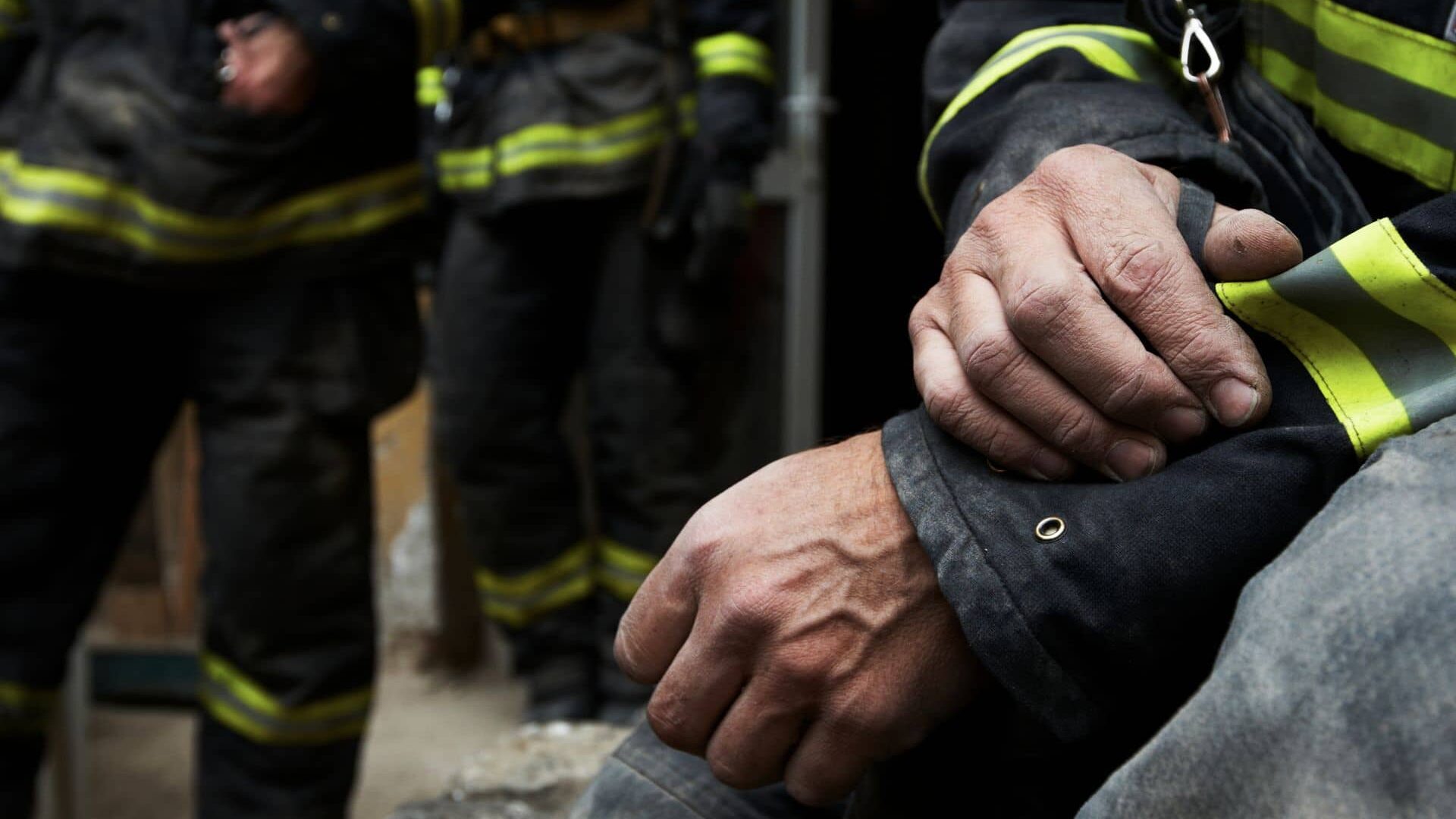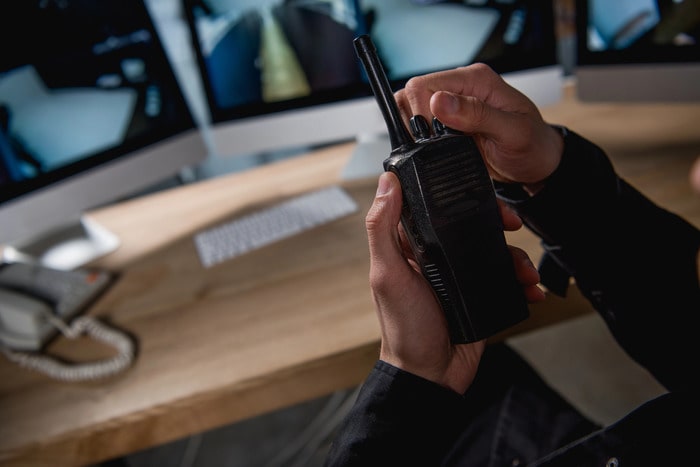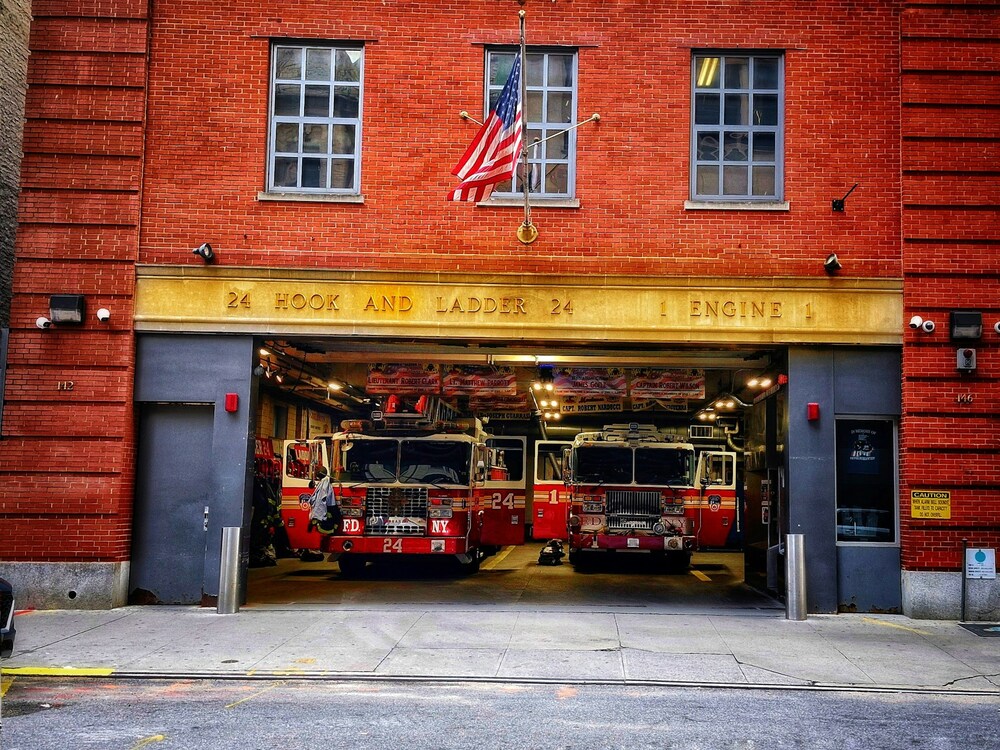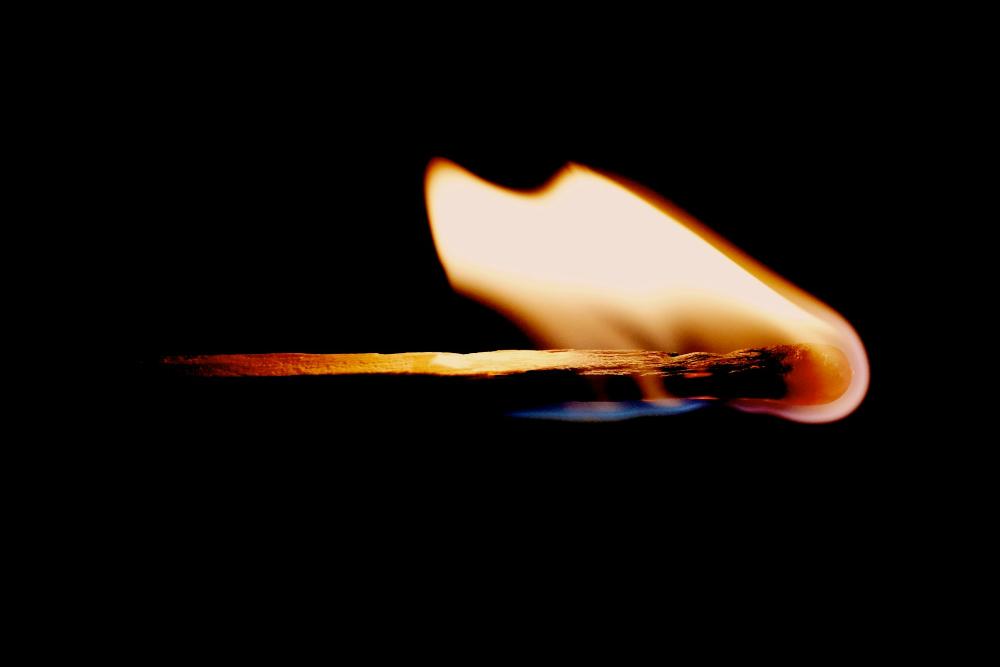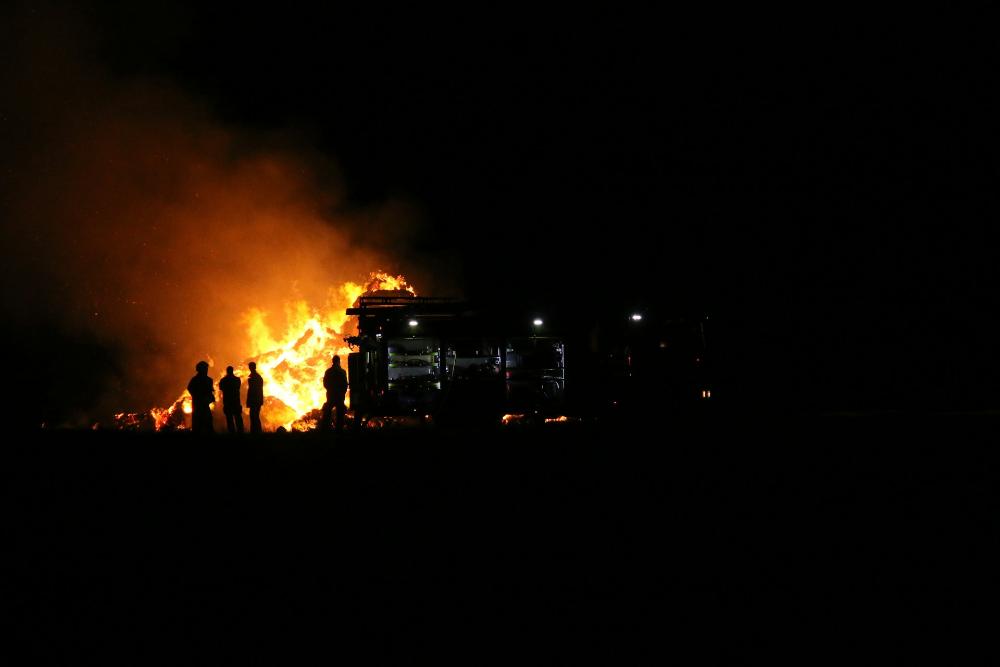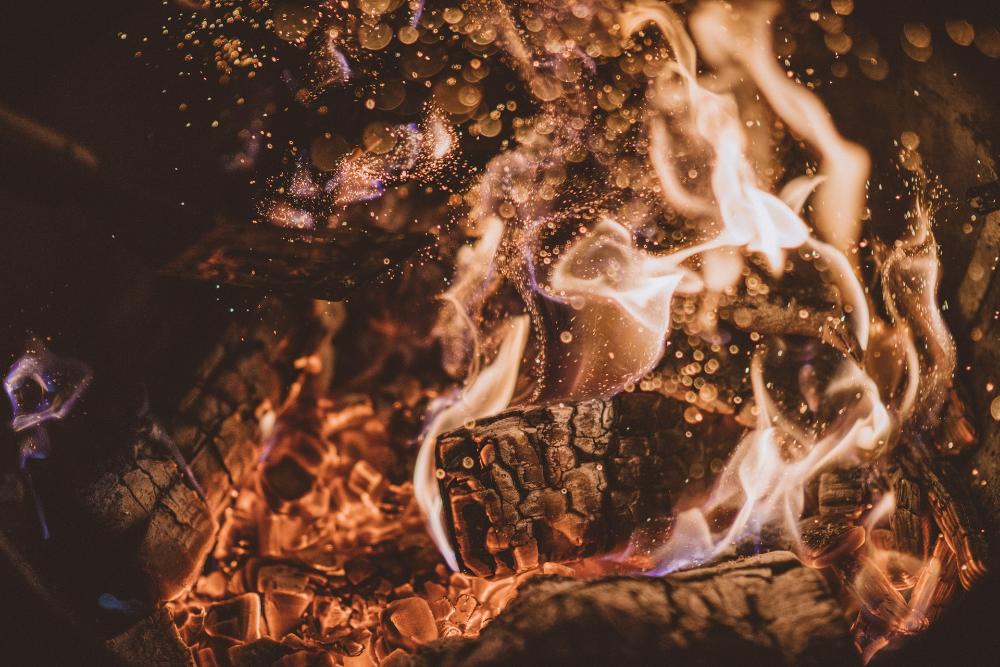Winter Fire Watch Survival Guide
Contents
Frozen Pipes & Space Heaters
When the mercury plunges below freezing, your fire risks don’t just increase—they transform. From bursting pipes to dangerous heating hacks, here’s how to protect your property during NYC’s most vulnerable season.
The Winter Threat Matrix
| Risk Factor | Common Locations | Prevention Strategy | 2024 Incidents |
|---|---|---|---|
| Frozen Sprinklers | Unheated voids, loading docks | Pipe heating tapes + 2-hour thermal scans | 137 (causing $4.2M damage) |
| Space Heater Fires | Offices, residential units | Appliance bans + approved alternatives | 89 (mostly in Brooklyn) |
| HVAC Failures | Mechanical rooms, rooftops | Pre-winter stress tests | 52 system outages |
| Electrical Overloads | Older buildings | Infrared scans every 72 hours | 211 (up 38% from 2023) |
The UES High-Rise That Got It Right
During last January’s polar vortex, The Corinthian:
- Pre-installed heat tracing on all exterior pipes
- Conducted nightly thermal scans of electrical rooms
- Provided approved radiant heaters to tenants
- Increased patrols to hourly during extreme cold
Result? Zero incidents while nearby buildings reported 14 pipe bursts.
Your Winter Preparedness Checklist
Before First Freeze:
- Test all low-temperature alarms
- Winterize exterior standpipes
- Train staff on freeze emergency protocols
During Cold Snaps:
- Increase patrols to every 30-60 minutes
- Monitor pipe temps via thermal imaging
- Inspect all temporary heating sources
The Bronx Warehouse Horror Story
A Hunts Point facility learned the hard way:
| Mistake | Consequence | Cost |
|---|---|---|
| Ignored drafty areas | Frozen sprinkler main | $280K water damage |
| No heater policy | Illegal space heaters | $75K FDNY fines |
| Poor documentation | Insurance denial | $420K out-of-pocket |
Why Winter Demands Special Protocols
Unique seasonal challenges:
- Material Contraction: Pipes crack when temps swing
- Hidden Hazards: Frozen pipes often burst after thawing
- Staffing Gaps: Holidays reduce response teams
- Energy Demands: Overloaded circuits spark fires
Get our free winter readiness audit today. Our NYC-certified teams help buildings from Riverdale to Rockaway survive the freeze.
The Climate Change Factor
With increasingly erratic winters:
- 37% more freeze-thaw cycles since 2010
- Faster temperature swings (40°F+ in 24 hours)
- More frequent polar vortex events
Your grandfather’s winter plan won’t cut it in 2025. The rules have changed—has your protection?
